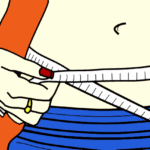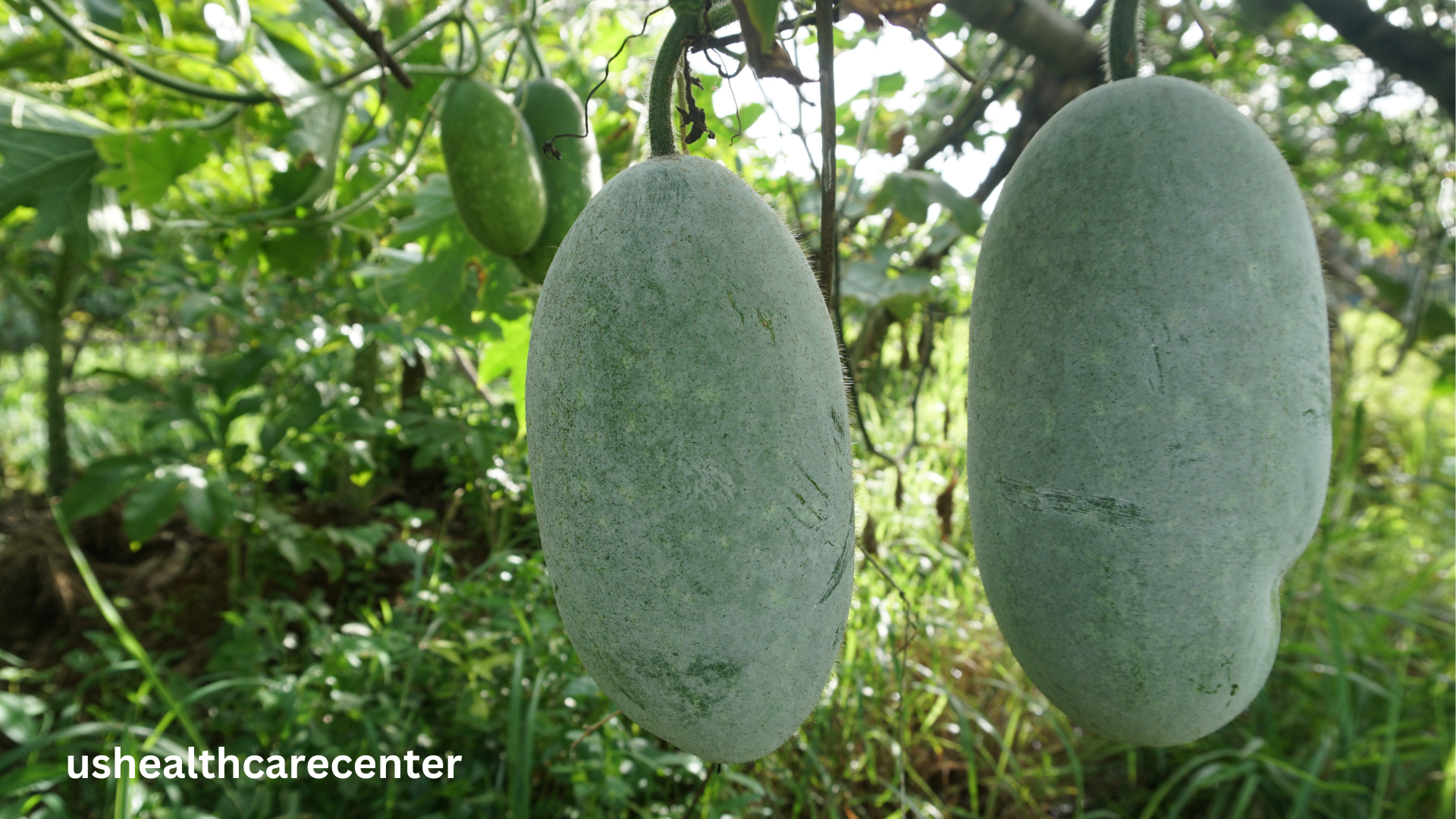Nose Diseases and Treatment, The nose is not only a crucial organ for breathing but also plays an essential role in filtering air, humidifying it, and detecting smells. However various diseases and conditions can affect the nose, leading to discomfort, breathing difficulties and other health issues. Understanding these nose diseases and their treatments is vital for maintaining optimal nasal health.
Common Nose Diseases and Treatment
01) Rhinitis
Rhinitis is inflammation of the nasal lining. It can be allergic or non-allergic, with allergic rhinitis being the most common type.
Symptoms: Sneezing, itching, runny nose, nasal congestion.
Causes: Allergens (pollen, dust mites, pet dander), irritants (smoke, strong odors), or infections.
Treatment:
- Allergic Rhinitis: Antihistamines, nasal corticosteroids, decongestants, and immunotherapy (allergy shots).
- Non-Allergic Rhinitis: Avoidance of irritants, saline nasal sprays, and occasionally corticosteroids.
2 ) Sinusitis (Sinus Infection) 
Sinusitis is the inflammation of the sinus cavities due to infection, allergies, or other factors. It can be acute or chronic.
Symptoms: Headache, facial pain or pressure, nasal discharge, congestion, loss of smell, fever.
Causes: Viral, bacterial or fungal infections, nasal polyps, allergies, or structural problems in the nose.
Treatment:
- Acute Sinusitis: Nasal saline irrigation, decongestants, and sometimes antibiotics (if bacterial).
- Chronic Sinusitis: Nasal corticosteroids, saline rinses or surgery (such as endoscopic sinus surgery) if the condition is severe and unresponsive to medication.
3) Nasal Polyps
Nose Diseases and Treatment, Nasal polyps are soft, painless, and noncancerous growths inside the nasal passages or sinuses, often resulting from chronic inflammation.
Symptoms: Nasal congestion, difficulty breathing through the nose, loss of smell, postnasal drip, frequent infections.
Causes: Chronic sinusitis, allergies, asthma, cystic fibrosis.
Treatment:
- Small polyps can be managed with nasal corticosteroid sprays.
- Larger or more problematic polyps may require surgical removal, particularly if they block the sinuses and cause recurrent infections.
4) Deviated Nasal Septum
A deviated septum occurs when the thin wall (nasal septum) between your nostrils is displaced to one side, which can cause breathing difficulties.
Symptoms: Nasal obstruction, difficulty breathing through the nose, frequent sinus infections, nosebleeds.
Causes: Congenital or injury-related displacement of the septum.
Treatment:
- Nose Diseases and Treatment, Minor cases may not require treatment or may be managed with decongestants and nasal sprays.
- Severe cases may require a surgical procedure called septoplasty to straighten the septum.
5) Epistaxis (Nosebleeds)
Nose Diseases and Treatment, Epistaxis or nosebleeds, can be anterior (from the front of the nose) or posterior (from the deeper areas of the nose). It can occur due to trauma, dry air, or underlying medical conditions.
Symptoms: Bleeding from one or both nostrils, blood draining into the throat.
Causes: Dry air, nasal trauma, infections, blood clotting disorders, or hypertension.
Treatment:
- Mild cases can be managed by pinching the nostrils and leaning forward.
- For more severe or recurrent cases, cauterization (sealing blood vessels), nasal packing, or surgical interventions may be necessary.
6) Nasal Fractures
A nasal fracture or broken nose, typically occurs from trauma such as a fall, sports injury or accident.
Symptoms: Pain, swelling, bruising around the nose and eyes, difficulty breathing through the nose, deformity of the nose.
Causes: Blunt trauma or injury.
Treatment:
- Mild fractures may only require pain relievers and cold compresses.
- More severe fractures may need surgical realignment, either immediately or after the swelling subsides.
7) Olfactory Dysfunction (Loss of Smell)
The loss or decrease in the ability to smell, known as olfactory dysfunction, can be temporary or permanent. Nose Diseases and Treatment
Symptoms: Reduced or absent sense of smell, which can also affect the sense of taste.
Causes: Viral infections (such as COVID-19), head trauma, nasal polyps, neurological conditions or aging.
Treatment:
- Addressing underlying causes such as nasal polyps or infections.
- Olfactory training may help in some cases.
- Unfortunately, permanent loss due to neurological damage may be irreversible.
Less Common Nose Diseases
1) Granulomatosis with Polyangiitis
This is a rare condition involving inflammation of the blood vessels in the nose, sinuses, throat, lungs, and kidneys.
Symptoms: Chronic nasal congestion, crusting, and nosebleeds.
Causes: Autoimmune disorder where the body attacks its own blood vessels.
Treatment: Immunosuppressive drugs like corticosteroids or biologics.
2) Nasal Tumors
Although rare, both benign and malignant tumors can develop in the nasal cavity or sinuses.
Symptoms: Persistent nasal congestion, nosebleeds, facial pain or swelling and sometimes vision changes.
Causes: Genetic predispositions, exposure to certain chemicals or smoking.
Treatment: Surgery, radiation therapy, and chemotherapy depending on the type and stage of the tumor.
Preventive Measures for Nose Diseases
Nasal Hygiene: Regularly clean your nasal passages with saline sprays to prevent dryness and irritation.
Avoid Irritants: Limit exposure to allergens, pollution, and cigarette smoke.
Humidify Air: Use a humidifier to keep the air moist, especially in dry or cold environments.
Protect from Injuries: Wear protective gear during sports or high-risk activities to prevent nasal fractures.
Treat Underlying Conditions: Manage allergies, infections, and other conditions promptly to prevent complications like nasal polyps or chronic sinusitis.
Conclusion
Nose Diseases and Treatment, Nose diseases can range from minor irritations to serious medical conditions that impact breathing and overall health. Early diagnosis and appropriate treatment are essential in preventing complications. By maintaining good nasal hygiene, avoiding allergens and irritants and seeking medical attention when necessary, you can protect your nasal health and improve your quality of life.









